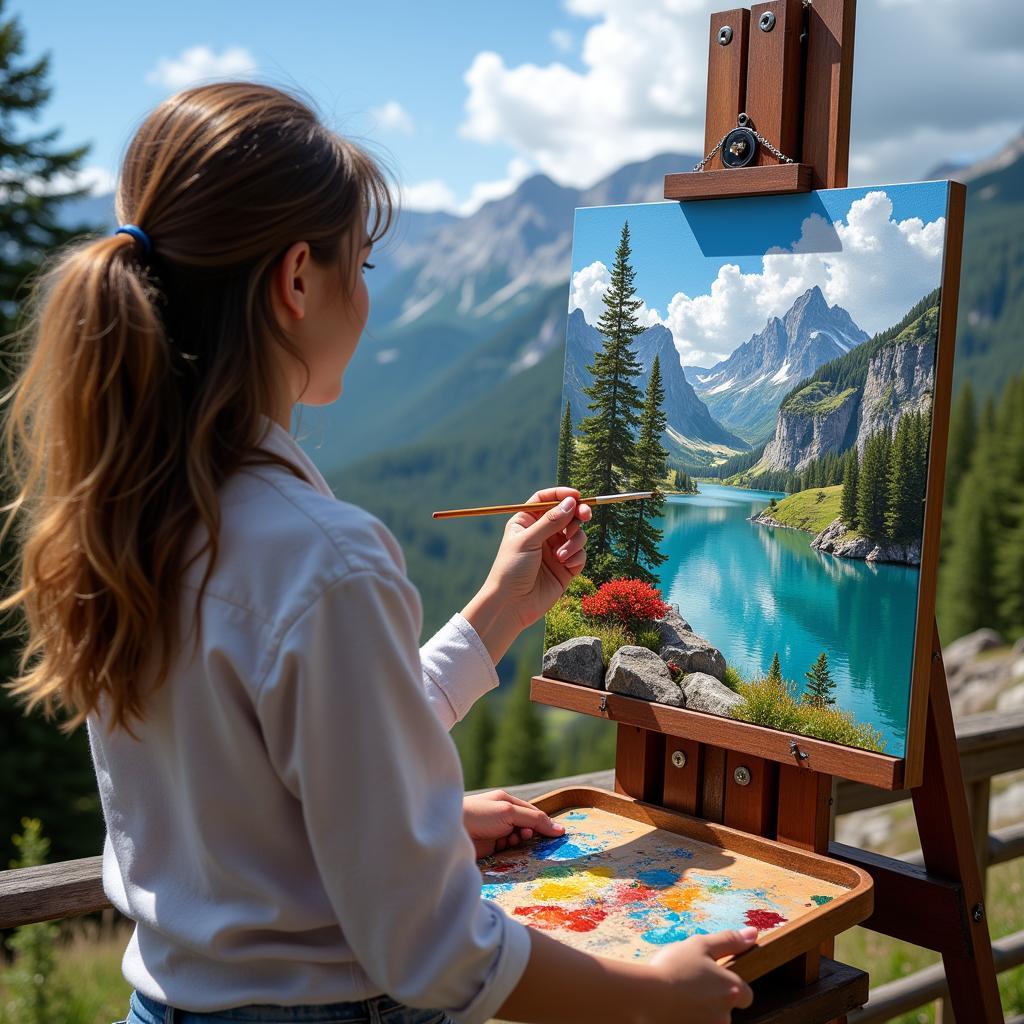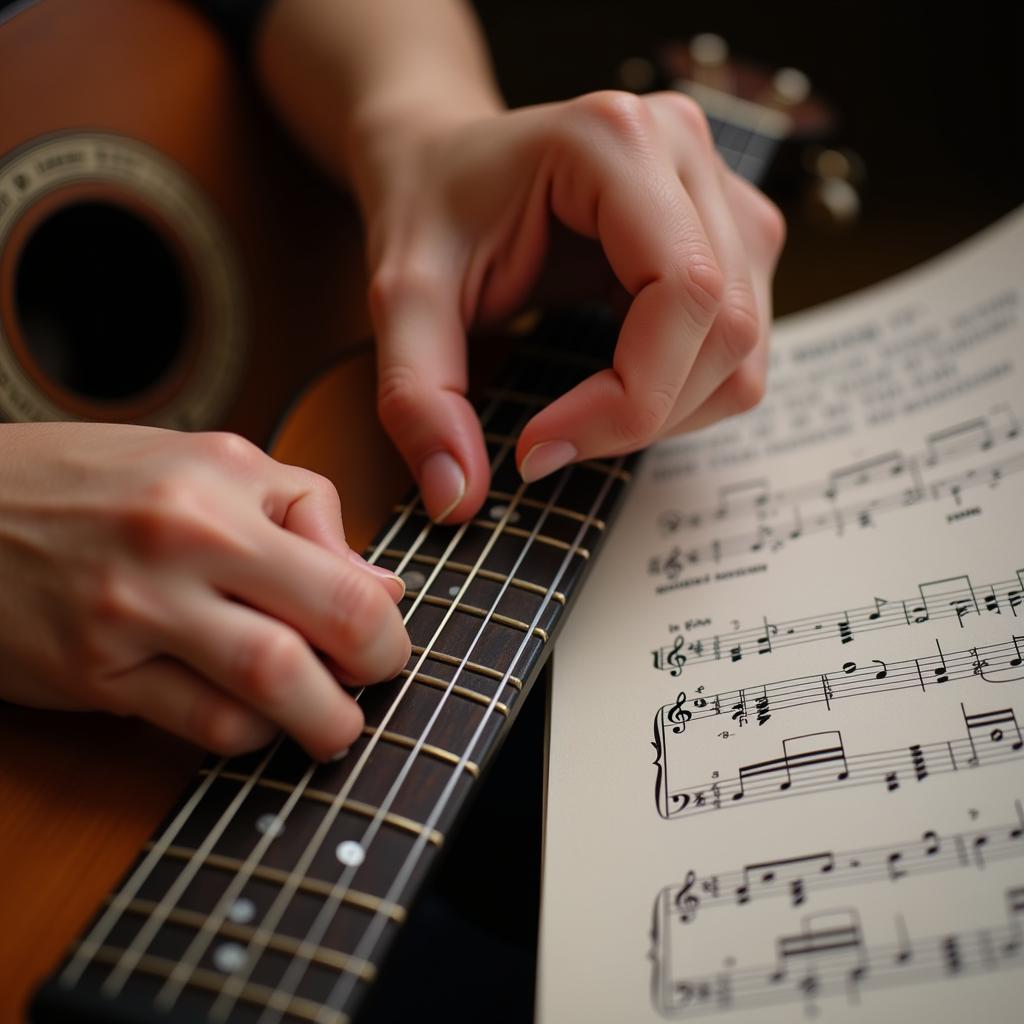Do you have a passion for photography, a knack for baking, or maybe you’re a coding whiz? Whatever your hobbies are, being able to talk about them in English can be a great way to connect with others who share your interests.
This guide will equip you with the vocabulary and expressions you need to confidently share your passions in English. Let’s dive in!
Describing Your Hobbies
First impressions matter! When someone asks you about your hobbies, you want to give them a clear and engaging answer. Here are some useful verbs and phrases to get you started:
- I’m really into… (e.g., I’m really into photography.)
- I’m passionate about… (e.g., I’m passionate about playing the guitar.)
- I love to… (e.g., I love to cook in my free time.)
- In my spare time, I enjoy… (e.g., In my spare time, I enjoy hiking.)
- One of my favorite things to do is… (e.g., One of my favorite things to do is read.)
For example, instead of simply saying “I like painting,” you could say:
“I’m really into painting. It’s a great way for me to relax and express my creativity.”
 Painting a Landscape
Painting a Landscape
Expanding on Your Interests
Once you’ve introduced your hobbies, provide more details to keep the conversation going! Here’s how:
1. Explain what you enjoy about your hobbies:
- It allows me to… (e.g., It allows me to be creative and unwind.)
- I find it very… (e.g., I find it very relaxing/rewarding/challenging.)
- It’s a great way to… (e.g., It’s a great way to stay active/meet new people/learn new skills.)
Example: “I find playing basketball very challenging and competitive. It’s also a fantastic way to stay fit and socialize with friends.”
2. Share how you got started:
- I first became interested in… when… (e.g., I first became interested in photography when my grandfather gave me his old camera.)
- I’ve always been passionate about… (e.g., I’ve always been passionate about music.)
- I took it up… ago and have been hooked ever since. (e.g., I took up yoga a year ago and have been hooked ever since.)
Example: “I took up gardening during the lockdown last year, and I haven’t looked back since. It’s so rewarding to see my plants thrive.”
 Learning to Play the Guitar
Learning to Play the Guitar
3. Describe what you do:
- I usually… (e.g., I usually go hiking in the mountains on weekends.)
- I’m part of a… club/group. (e.g., I’m part of a photography club where we share tips and go on photo walks together.)
- I’m currently working on… (e.g., I’m currently working on a portrait of my dog.)
Example: “I usually go for long runs early in the morning before work. It helps me clear my head and start the day feeling energized.”
Adding Details and Asking Questions
Don’t be afraid to share specific details about your hobbies!
- Do you have a favorite type of music you play on the guitar?
- What kind of dishes do you enjoy cooking the most?
- Where do you usually go hiking?
Asking questions is also a great way to keep the conversation flowing and show genuine interest in the other person’s hobbies as well.
- “What about you? What do you enjoy doing in your free time?”
- “Have you always been interested in [their hobby]?”
- “That sounds really interesting! Tell me more about it.”
 Running in the Park
Running in the Park
Conclusion
Talking about your hobbies in English can be a fun and rewarding way to connect with others. By using the vocabulary and tips outlined in this guide, you’ll be well on your way to confidently sharing your passions and engaging in meaningful conversations. Remember to be yourself, share your enthusiasm, and most importantly, have fun!
FAQ
1. What if I don’t have many hobbies?
Don’t worry! Everyone has different interests. You can talk about activities you enjoy, like watching movies, spending time with loved ones, or trying new things.
2. How do I keep the conversation going if the other person doesn’t seem interested in my hobby?
Try asking them about their hobbies! People love to talk about what they’re passionate about, and it shows that you’re a good listener.
3. What if I don’t know the English words for all the equipment or terms related to my hobby?
It’s okay to not know everything! You can use descriptive language or even show pictures to get your point across. The most important thing is to communicate and have fun.
For more tips on improving your English communication skills, check out our articles on:
Need help expressing your unique interests? Contact us!
Phone Number: 0915063086
Email: [email protected]
Address: LK 364 DV 08, Khu đô thị Mậu Lương, Hà Đông, Hà Nội 12121, Việt Nam.
Our customer support team is available 24/7 to assist you.